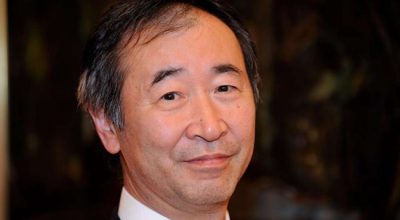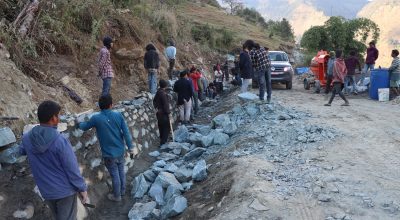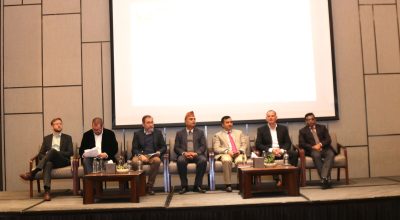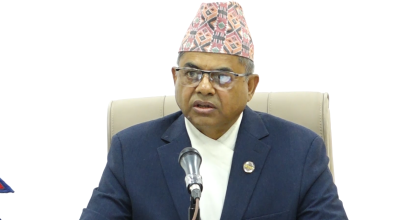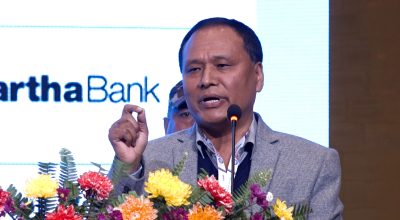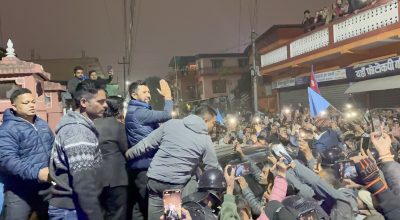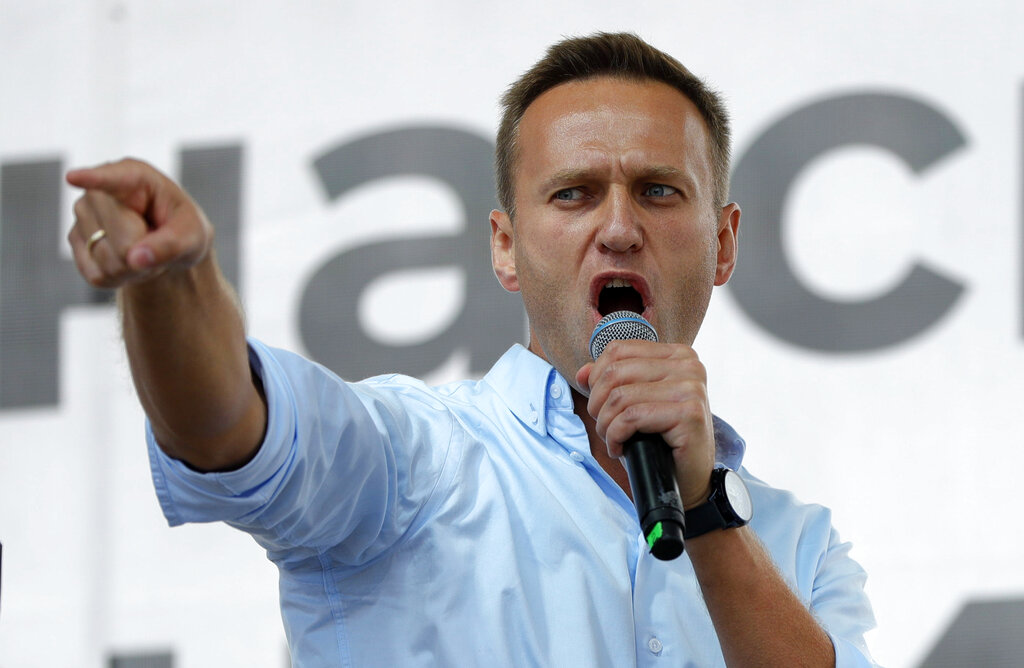
MOSCOW (AP) — Russian doctors treating opposition leader Alexei Navalny don’t believe he was poisoned and refused to transfer him to a German hospital on Friday.
Navalny, a 44-year-old politician who is one of President Vladimir Putin’s fiercest critics, was admitted to an intensive care unit in a coma at a hospital in the Siberian city of Omsk on Thursday, following what his supporters are calling a suspected poisoning that they believe was engineered by the Kremlin.
But Russian doctors treating opposition politician Alexei Navalny say they haven’t found any indication that the Kremlin critic was poisoned.
Omsk hospital deputy chief doctor, Anatoly Kalinichenko, said that no traces of poison were found in Navalny’s body. Navalny spokeswoman, Kira Yarmysh, posted a video on Twitter of Kalinichenko speaking.
“Poisoning as a diagnosis remains on the back burner, but we don’t believe that the patient suffered from poisoning,” Kalinichenko told reporters Friday.
Kalinichenko added that the diagnosis have been determined and relayed to Navalny’s family members. He refused to reveal it to reporters, citing a law preventing medical workers from disclosing confidential patient information.
Earlier Friday, Navalny ally Ivan Zhdanov said police found traces of a dangerous poisonous substance in the politician’s system, but didn’t say which one. Police officials didn’t confirm that.
Russian medical officials also haven’t approved Navalny’s transfer to Germany.
“The chief doctor said that Navalny is non-transportable. (His) condition is unstable. Family’s decision to transfer him is not enough,” Yarmysh tweeted. Omsk is about 4,200 kilometers (2,500 miles) east of Berlin, roughly a six-hour flight.
Navalny fell ill on a flight back to Moscow from the Siberian city of Tomsk on Thursday and was taken to the hospital after the plane made an emergency landing in Omsk. His team says a plane with all the necessary equipment is waiting at Omsk airport to take Navalny to a German clinic.
Alexander Murakhovsky, chief doctor of the Omsk Ambulance Hospital No. 1 where the politician is being treated, told reporters on Friday that Navalny’s condition “somewhat improved,” but he wasn’t stable enough for a transfer. Murakhovsky said doctors were still working on determining a diagnosis.
Yarmysh said that “the ban on transferring Navalny is needed to stall and wait until the poison in his body can no longer be traced. Yet every hour of stalling creates a threat to his life.”
Like many other opposition politicians in Russia, Navalny has been frequently detained by law enforcement and harassed by pro-Kremlin groups. In 2017, he was attacked by several men who threw antiseptic in his face, damaging an eye.
Last year, Navalny was rushed to a hospital from prison, where he was serving a sentence following an administrative arrest, with what his team said was suspected poisoning. Doctors said he had a severe allergic attack and discharged him back to prison the following day.
Navalny’s Foundation for Fighting Corruption has been exposing graft among government officials, including some at the highest level. Last month, he had to shut the foundation after a financially devastating lawsuit from Yevgeny Prigozhin, a businessman with close ties to the Kremlin.
The most prominent member of Russia’s opposition, Navalny campaigned to challenge Putin in the 2018 presidential election, but was barred from running.
He set up campaign offices across Russia and has been promoting opposition candidates in regional elections, challenging members of Russia’s ruling party, United Russia. One of his associates in Khabarovsk, a city in Russia’s Far East that has been engulfed in mass protests against the arrest of the region’s governor, was detained last week after calling for a strike at a rally.





